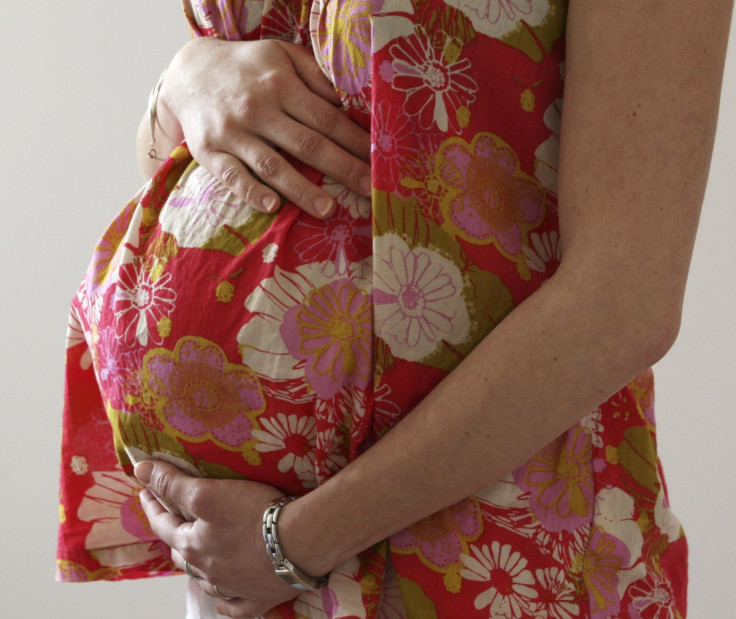UK Schools to Offer Free Condoms, Contraceptives to Check Teen Pregnancies

In a bid to control the growing number of teen pregnancies in the United Kingdom, schools have been advised to provide condoms and contraceptives for free to girls and boys.
Teens should be given morning-after pills, and condoms should always be provided along with other contraceptives because they help prevent the transmission of STIs, the National Institute for Health and Care Excellence (NICE) recommends in its latest guidelines.
The guidelines offer suggestions on how schools and other education settings can provide contraceptive services.
According to NICE, although unwanted teen conception rates have fallen, England has one of the highest teen pregnancy rates in Europe. Abortions for young women under 25 cost the NHS approximately £53 million each year.
"Most of the young women who become pregnant while still a teenager do not plan to do so. Nearly half of all pregnancies among 15 - 18 year olds end with an abortion," Anne Weyman of the independent committee that developed the guidance said in a statement.
She said the new guidance includes recommendations on providing contraceptive services both after a pregnancy and after an abortion.
It aims to reduce unwanted pregnancies by ensuring that young people have access to a full range of contraceptive methods such as pills, condoms, and the longer acting methods, such as contraceptive injections and implants.
"We also need to make sure that young people get good contraceptive advice so that they can choose and use the right method for them."
The guidance recommends that governors, teachers and youth workers in schools, as well as nurses, doctors and counsellors working in contraceptive services provide accurate information about the full range of contraceptives available, and the benefits and side effects for young people up to the age of 25.
"Evidence clearly shows that the availability of contraception reduces the rate of unwanted pregnancies," Professor Mike Kelly at NICE said.
"Young people often find contraceptive services and advice difficult to locate. This guidance focuses on ensuring they receive culturally sensitive, confidential, non-judgemental and empathic advice and support tailored to their individual needs," he added.
© Copyright IBTimes 2025. All rights reserved.






















